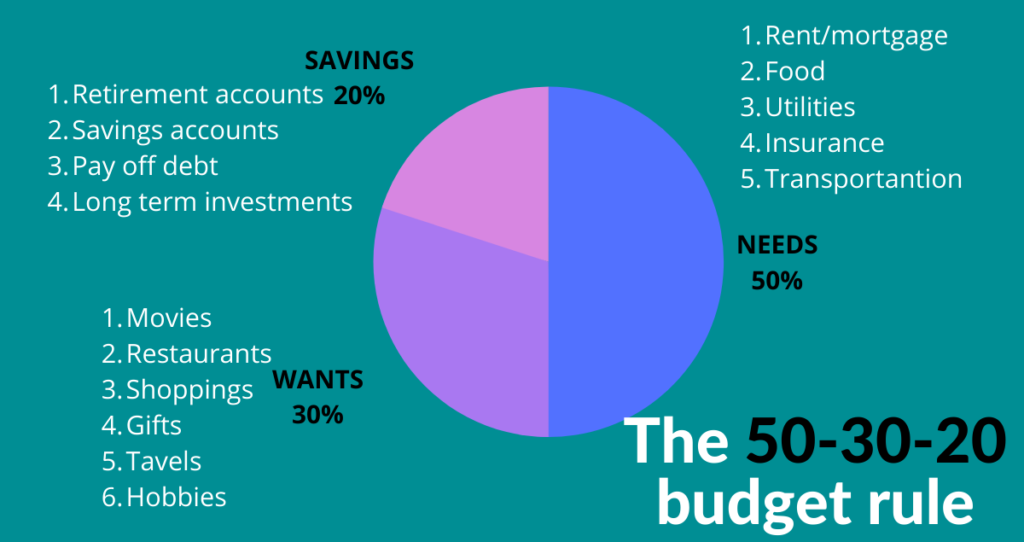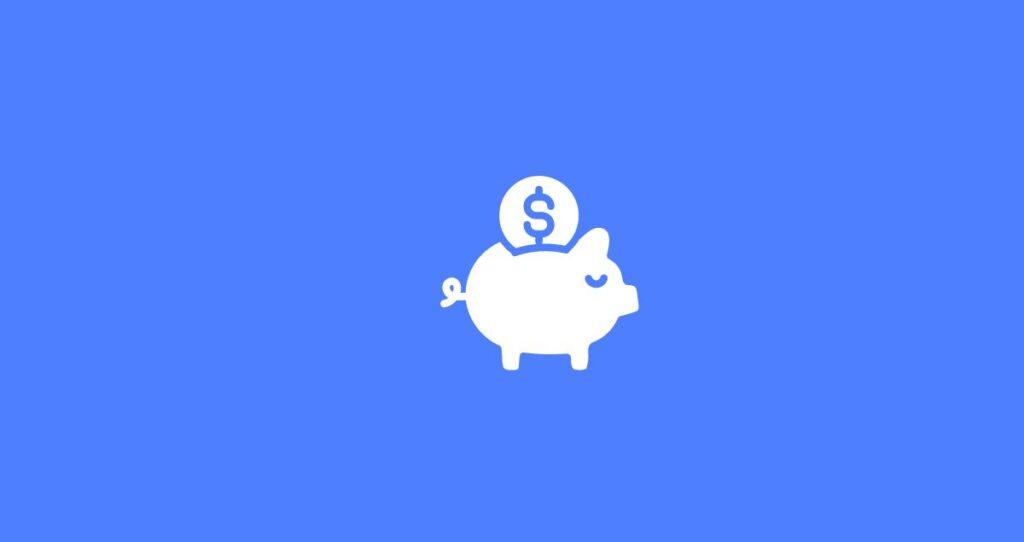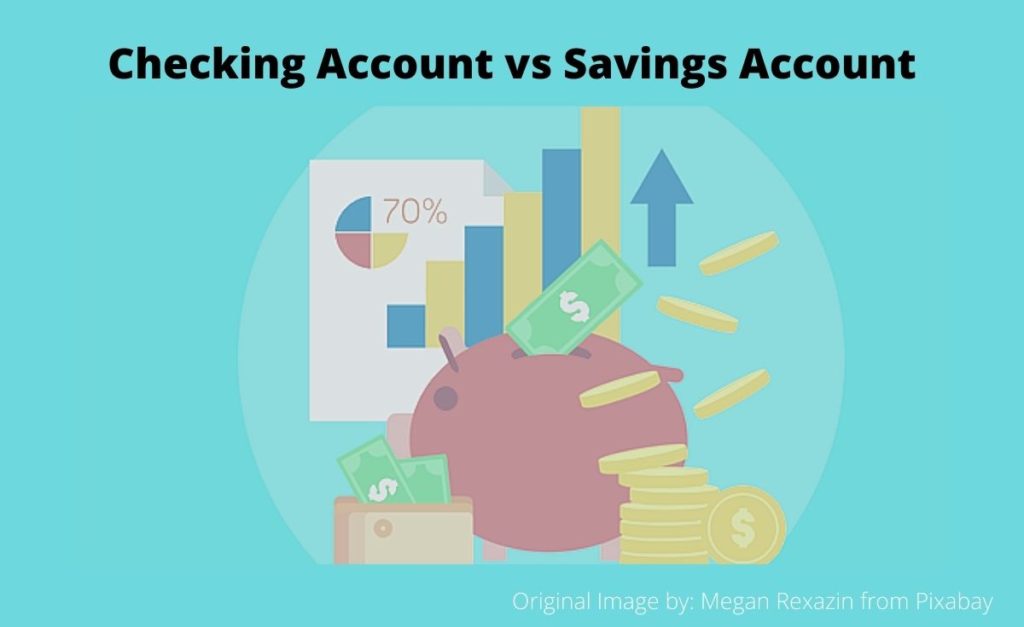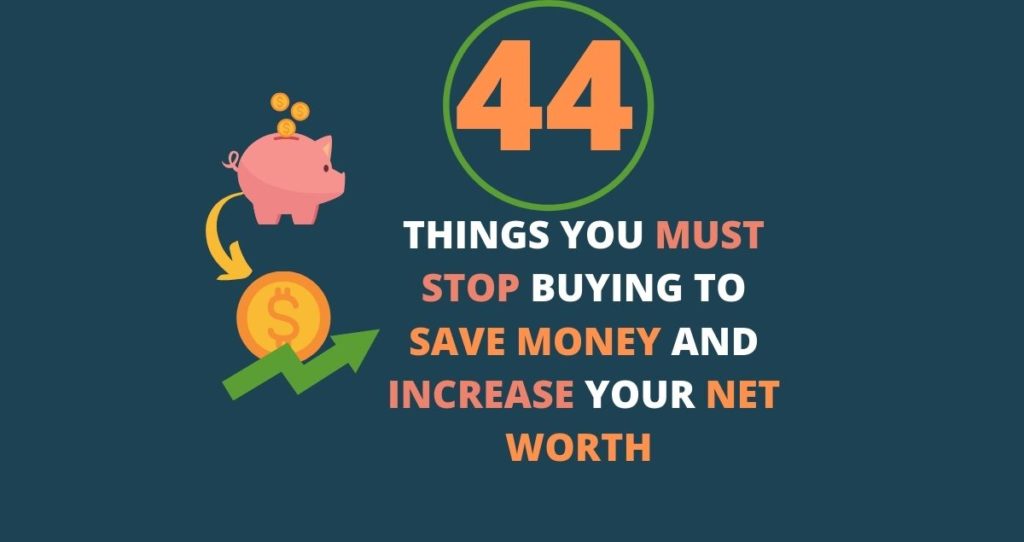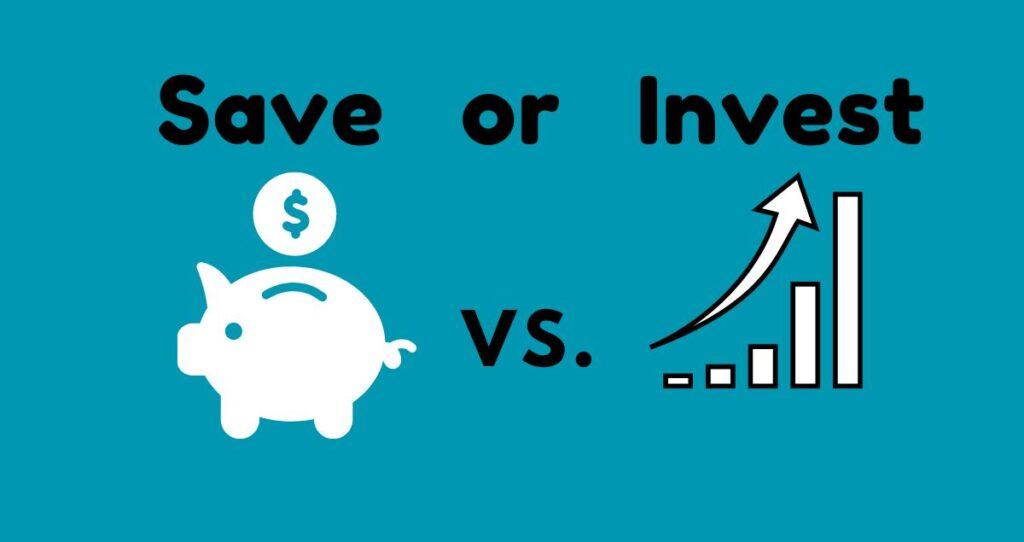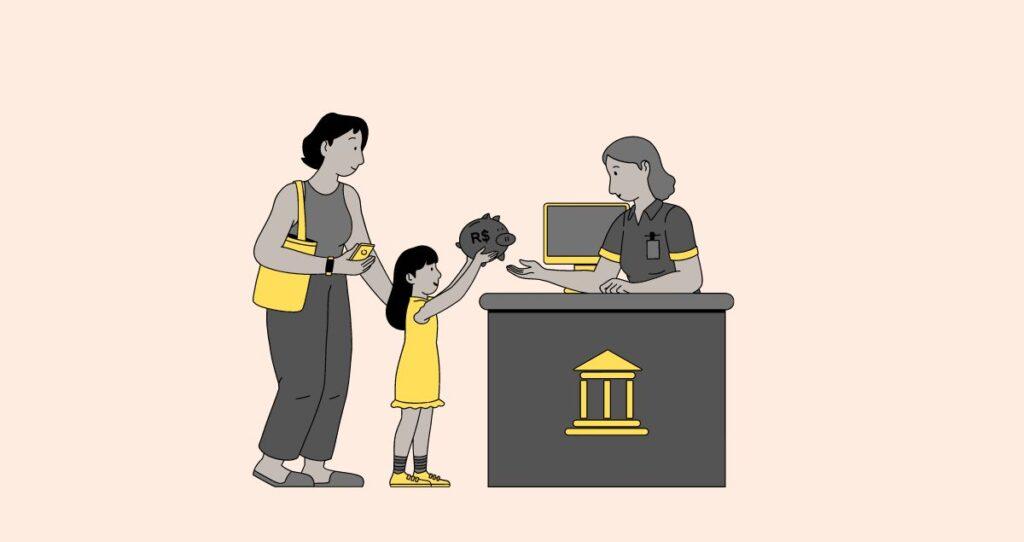Are you considering investing in a Certificate of Deposit (CD) for a safe and guaranteed return? Before you open a CD account, it is important to understand the rules for withdrawing money from certificates of deposit. Early withdrawals from CDs can lead to hefty penalties, eating away at your already hard-earned savings. In this article, we’ll walk you through 6 effective strategies to avoid CD early withdrawal penalties and minimize your financial losses.
What are the penalties for early CD withdrawal?
Investing in a certificate of deposit comes with a guarantee of return and safety of your money. However, if you need to access your funds before the CD matures, you may face steep early withdrawal penalties that eat into your profits.
In simple terms, an early CD withdrawal penalty is a fee you pay when you take money from your CD account before the maturity date.
The penalties can vary depending on your institution and the terms of your CD. Some banks may charge a flat fee or a percentage of your balance, while others may charge a percentage of the interest earned or the principal amount. Additional early withdrawal fees may also apply depending on your institution.
The minimum early withdrawal penalty on a CD account is set by the federal government but it does not specify the maximum. According to the 12 CFR 1030″Truth in Savings Act(Regulation DD), if you withdraw money within the first six days after your deposit, the minimum CD early withdrawal penalty is seven days’ simple interest.
How much is the early CD withdrawal penalty?
Typically, the early withdrawal penalty on a CD account is a number of months of interest or a percentage of your balance. When calculating your penalty, simple interest is used.
For example, the following is the Bank of America’s early CD withdrawal penalty structure.
| CD Term | Early withdrawal penalty |
| Terms less than 90 days | The greater of all interest earned or 7 days of interest on the amount withdrawn |
| Terms of 90 days up to 12 months | 90 days of interest on the amount withdrawn |
| Terms of 12 to 60 months | 180 days of interest on the amount withdrawn |
| Terms of 60 months or longer | 365 days of interest on the amount withdrawn |
Some institutions might require you to pay a percentage of your balance if the number of days of penalty does not meet the minimum required penalty for that specific CD term. For example, U.S. Bank requires 3% of the amount withdrawn when the normal one-half of the interest earned is less than 3% of the amount withdrawn for its 5-year CD. Additionally, you pay an extra $25 fee.
Again, the early withdrawal penalty you pay will depend on the specific term of your CD and your institutions. To know exactly how much you must pay in a penalty, contact your bank. Knowing ahead of time the penalty structure of your CD account also helps you make informed decisions and avoid early CD withdrawal penalties.
Related: A complete guide on early CD withdrawal penalty
How to avoid early CD withdrawal penalties
To ensure the safety of your savings and maximize your return on investments, you must avoid early CD withdrawal penalties at all costs. The steps you need to avoid early CD withdrawal penalties start way before you start investing. That is to mitigate this risk, you first need to pick the right CD account and follow its terms.
If you want to invest in CD accounts and maximize your returns, the following are 6 tips you can use to avoid early CD withdrawal penalties.
1. Choose a No-Penalty CD
One of the most effective ways to early CD withdrawal penalties is to choose a no-penalty CD. These CDs are specifically created to provide flexibility to investors who may need to access their funds before the CD matures.
No-penalty CDs typically offer lower interest rates than standard CDs. However, they can be a good option for those who prioritize liquidity over long-term earnings.
2. Open a CD ladder account
If you’re looking for a CD option that provides flexibility and helps you escape early CD withdrawal penalties, opening a CD ladder account may be the way to go. With a CD ladder, you divide your investment into multiple CDs with varying maturity dates. This strategy allows you to earn higher rates by investing in longer-term CDs, while also giving you access to some of your funds without penalty through shorter-term CDs.
For example, you may start with a five-year CD, then add a four-year CD, a three-year CD, a two-year CD, and a one-year CD. As each CD matures, you can either withdraw the funds penalty-free, roll them over into a longer-term CD, or use them to reinvest in a shorter-term CD. With this strategy, you always have access to some funds without penalty, while still earning higher rates on your longer-term CDs.
Keep in mind, while a CD ladder can help you avoid early CD withdrawal penalties, it requires a higher initial investment and some planning. However, it can be a great option for those looking to earn higher returns while still maintaining some flexibility.
3. Open a short-term CD
Another way to avoid CD early withdrawal penalties is to consider investing in a CD with a shorter term. While longer-term CDs generally offer higher rates of return, they also come with steeper early withdrawal penalties. By choosing a CD with a shorter term, you’ll have less time to wait until maturity and less risk of needing to withdraw your funds early.
Of course, this approach may not be ideal for everyone. If you’re using CDs as a long-term investment option, you may want to consider longer-term CDs to maximize your returns. However, if you’re looking for a short-term investment or simply want to avoid early withdrawal penalties, a shorter-term CD may be a better fit for your needs. It will all depend on your unique situation and financial goals.
4. Create an emergency fund before investing in a CD
Before investing in any CD, it’s important to carefully consider your financial goals and needs. If you’re not sure which option is right for you, consider speaking with a financial advisor or doing some research on your own. It’s important to remember that CDs come with certain limitations and fees.
While CDs can be a great way to earn some extra cash, they’re not without risks. Creating an emergency fund before investing in a CD can help ensure that you’re prepared for any unexpected expenses that may arise. By having this fund in place, you’ll have a safety net to fall back on and avoid early withdrawal penalties on your CD account due to taking before maturity.
It’s also important to remember that investing in a CD is a long-term commitment. Once you’ve invested your money, it’s not typically accessible until the CD reaches maturity. This is why having an emergency fund is so crucial. A good emergency fund should cover at least 3 to six months of your expenses.
Related: 4 ways to save for emergency fund fast
5. Wait for the CD to Mature
The most effective way to avoid early CD withdrawal penalties and maximize your returns is to wait for your CD to mature. This is possible through careful planning.
Before you purchase any CD, understand your short-term and long-term financial needs. This will allow you to pick the right CD terms and eventually avoid withdrawing the money from your CD before maturity.
For example, if you think you might need the money in less than a year, open a short-term CD. This will give you access to your funds much soon as opposed to locking the money in a longer-term CD.
Aside from picking shorter terms, have an emergency fund to help you cope with unexpected financial challenges such as medical bills, a loss of a job, etc. To boost your savings, deposit your emergency fund in an interest-bearing account such as a high-yield savings account.
6. Invest in a CD with early withdrawal flexible terms
Investing in a CD with early withdrawal flexible terms can be a great decision if you want access to your money in case of an emergency. Some CD terms might allow you to withdraw some of your funds such as accrued interest before maturity.
When opening a CD account, you might have the option to decide how you want the interest to be disbursed. Taking interest payments might give you access to some of your funds. However, your earnings will be lower due to interrupting the compounding schedules.
What happens when a CD matures?
After your CD has reached maturity you will usually have three options.
- Roll the money over into a new CD. This will allow you to have a CD with different terms and lock in a different CD rate. For example, if you currently have a short-term CD, you could get higher rates by rolling your money over into a long-term CD with a higher annual percentage yield(APY).
- Renew your current CD. This is where you renew the same CD for the same term. Usually, your yield is adjusted to the current marketed CD rate. Keep in mind that most institutions automatically renew your CD when you do not tell them how you want to proceed within the grace period.
- Cash-out. When your CD matures, you can cash out and close the account. To complete this process, you will need to give your bank or credit union information about the account where you want the money to be deposited. You can also get paid in cash per your bank and terms.
How to withdraw money from a CD account?
To withdraw money from a CD account, you will need to contact your bank or financial institution. They will provide you with the necessary paperwork, which will include a request form and instructions on how to submit it. Once your request is approved, you will receive your funds, minus the penalty fee for early withdrawal.
Can you withdraw interest from CD without penalty?
Before making an early withdrawal from your CD, it’s important to understand the potential penalty fees. While the penalty is typically a percentage of the amount withdrawn, ranging from three to six months’ worth of interest, it can vary depending on the CD’s terms and the amount you’re withdrawing. This is why reading the fine print and understanding the terms before opening a CD is crucial to avoid any unexpected fees.
But what if you only want to withdraw the interest earned on your CD? Can you do so without penalty? The answer is usually yes, but it’s important to check with your bank to confirm their specific policies.
Some banks do allow for partial withdrawals of interest earned without penalty, while others may require a full withdrawal of the CD to access the interest generated. It’s important to note that withdrawing interest before the CD’s maturity date may affect the overall yield and potential future earnings.
The bottom line
Early withdrawal penalties can be a pesky problem but with some careful planning, they can be avoided. Reviewing the different types of CDs, opting for a shorter term, creating an emergency fund, and waiting for the CD to mature are all ways to dodge the fees. Additionally, choosing a no-penalty CD, opening a CD ladder account, or selecting a flexible term CD can also help reduce financial loss.

